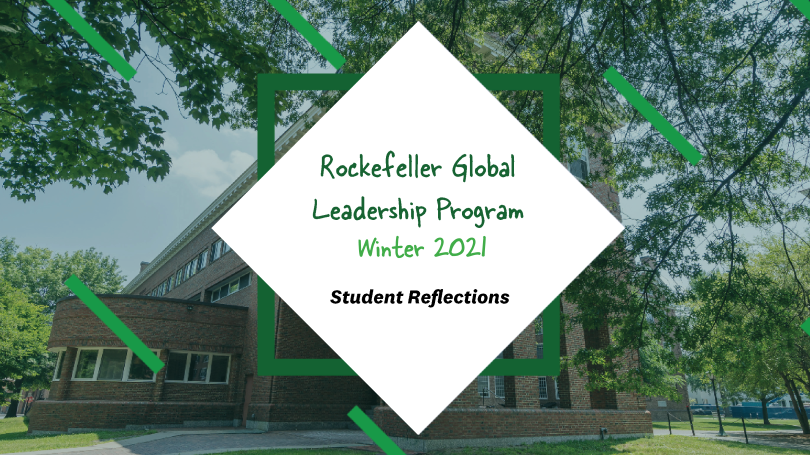
- Public Policy
- Leadership
- Funding
- News & Events
- About the Center
Back to Top Nav
Back to Top Nav
Back to Top Nav
Back to Top Nav
On our first day in Argentina, our group rode a city bus after our 14+ hour flights to Buenos Aires: we were hot, tired, and somehow it was morning when we should have been fast asleep. Mist, one of my classmates, wiped sweat from her face as many strangers pushed past us or leaned up against us on the journey. Afterwards, many students complained about the heat, the crowded streets, the Spanish that sounded nothing like what we had studied in classrooms. I was the only student willing to speak in Spanish that first week, and my professor was so confused. I hardly give off a first impression of being ‘rugged’ or even ‘brave’: I am rather awkward and, when my professor first met me, I was wearing thrifted Winnie the Pooh overalls and speaking a quite rusty high school Spanish. The advantage I had over everyone else, why I was happy to be in the scorched sun around people with a completely different threshold for personal space then me, was because I had done it before. Three months before, I had been living in Rome, Italy on a different study abroad. I had had a tough adjustment: it was too hot, the men too forward, the busses too unreliable, the food so unlike what I’d normally eat. And it took me half the time I was living in Italy to adjust. But that adaptation meant I could enjoy my once in a lifetime experience: adapting to Italy’s slower, more communal way of living meant I could enjoy a long lunch with my host dad without being worried about all the work I was missing or how productive I should have been. Adaptability meant I could enjoy my life so much more: instead of operating as I usually do in the U.S. (fast paced, work-obsessed), I leaned into the slow-ness of Italian life and got so much more out of my experience this way. Adaptability means taking the time to talk to your barista instead of running out as fast as you can; adaptability means an afternoon of no plans wandering where the city wants to lead you. Adaptability means letting another culture guide you, instead of trying to bend it to your comfort level. So, when I arrived in Argentina, I was ready to not get my way: to wait in long bus lines, to be disappointed by what ‘breakfast’ means in other countries (read: saltines and a cafe con leche), and to have a much better time embracing rather than being angry that entire culture doesn’t accommodate my personal preferences. Adaptability, ultimately, means pushing against the idea that everywhere one goes must be, if not exactly like America, America enough to never feel discomfort. Being inflexible is American-centrism on a personal scale. Being adaptable is being cognizant that you are a guest. And this is crucial in a business, political, or personal setting because being a guest is always more received than being an antagonist. Adaptability takes practice, it takes leaning into the discomfort. And while many of us highly academically motivated students have strict boundaries of what makes us comfortable and what makes us succeed (I, for example, had the same after school snack for six years,) real learning happens outside our imagined boxes. And I can’t wait until it is safe to travel again, to be uncomfortable again, to learn from leaning in, to resist judgement, to embrace what comes next.
Written by Mia Nelson, a member of the Winter 2021 Cohort of the Rockefeller Global Leadership Program.